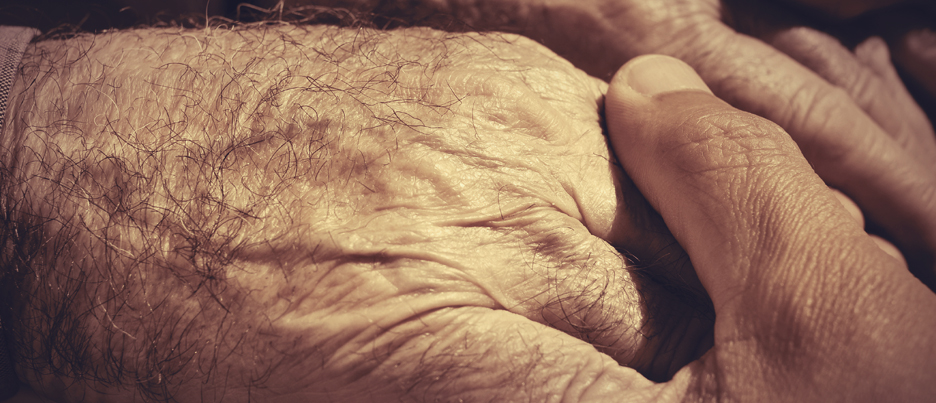Latest Trend in Health Care? Death.

My grandfather was in a hospital bed refusing open-heart surgery. And, it was several days of old-man stubbornness until I drove up to pay him a visit. I, as his favorite grandchild, successfully convinced him to let the good doctors get in there to fix things. Fast-forward a year or so, and he still wasn’t recovered. He was much slower, much less jovial and quite weak. Even his childlike humor had seriously faded.
My grandpa really wasn’t my grandpa anymore.
A short time later, my grandfather suffered a major stroke and passed. And it was this lesson that shifted my view of health care. It’s the age-old question of quality versus quantity. And it’s also a conversation that is slowly starting to happen within the ivory walls of American health care.
End-of-life planning is something that is quietly taking hold here in Wisconsin and Minnesota, although unfortunately not (yet) in Washington, D.C. In fact, most of the population of La Crosse – upwards of 90% – now has end-of-life plans. And no, this is not a physician-assisted suicide plan, but a plan to implement in case emergency or severe age-related physical conditions strike. It allows you to become your own advocate when you don’t have a voice.
But, of course, money is an issue.
Each time we interact with a health care provider, we are on the clock. And sure, doctors, nurses and hospital systems deserve a fair exchange for providing care. The problem is that neither Medicare nor insurance companies currently reimburse physicians for having end-of-life planning discussions with their patients. Ironically, those conversations could potentially save Medicare billions. About a quarter of Medicare’s $550 billion annual budget pays for treatments in the last year of life. Medical overtreatment costs the U.S. health care system an estimated $158 billion to $226 billion a year.
A cautionary tale I recently read, published in 2013, underlines the issue eloquently. The article tells the story of Valerie Butler, a woman who fought hard to live and die on her own terms. “She did not die a perfect death. But she died a ‘good-enough’ death, thanks to choices she made earlier that seemed brutal at the time.” It struck a chord in me that reminded me of my grandpa.
Another article, about the forward-facing population of La Crosse, thoroughly explains the ins and outs of end-of-life planning, death panel accusations and what’s coming around the corner. Care providers currently help patients with end-of-life planning on a pro bono basis.
It’s an issue that is counterintuitive to our traditional way of thinking about health care, but one that could be an important part of future medical and marketing plans. Obviously, we must leave at some point, so why not find a way to make this work for everyone involved? This issue could save us all money. And it could have a positive brand-building halo effect for health care systems who step up to serve this particular need. However, for the short term, it will likely cost those systems money. It’s a balancing act of care and dollars.
But above the business issues, I just hope for the peaceful passing of all grandparents. And a passing on their own terms.

